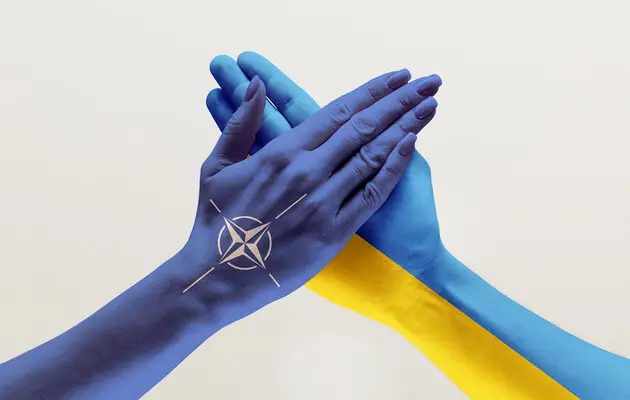The Prospects of Ukraine’s NATO Membership: Internal and External Factors at Play
The dream of Ukraine joining NATO isn’t just about receiving support from Western countries. It’s also closely tied to political movements in the United States and the dynamics within NATO itself. Recent news has shown rising uncertainty regarding how quickly Ukraine might integrate into NATO, even though most member nations are supportive. This situation can feel like a tightrope walk—one misstep could change everything.
NATO Summit in Washington: Striking a Balance
At the recent NATO summit in Washington, leaders reiterated their commitment to Ukraine’s path towards membership, labeling it as «irreversible.» But here’s where it gets tricky: if Donald Trump were to return to power, this journey might come to a halt. Think of it this way—it’s a bit like a game of Jenga. One wrong move, and the whole thing could collapse. This warning echoes insights from the Institute for the Study of War (ISW), which points out that while Ukrainian membership is widely supported, political shifts in the U.S. could inject significant delays in the process.
European leaders have mixed feelings. While they appreciate NATO’s supportive stance on Ukraine, there’s an underlying anxiety. They recognize that a new U.S. administration could block progress, much like a red light halting traffic. The stakes are high, and the fear of political veto power hanging over NATO is palpable.
Key Arguments in Favor of Ukraine’s NATO Membership
During an enlightening discussion in an interview with The Wall Street Journal, Denmark’s Prime Minister Mette Frederiksen articulated a crucial point: «We must remember that there is always a risk of a veto in NATO, which could halt any initiatives.» This insight is more than just a smart comment; it highlights a fundamental challenge that could impact Ukraine’s future.
So, what are the compelling reasons for Ukraine to join NATO? The Atlantic Council has thoughtfully analyzed this issue and suggests several key arguments:
- Regional Stability: Ukraine’s membership could foster greater stability in Eastern Europe, acting as a counterbalance to aggressive actions from neighboring countries.
- Collective Defense: As a NATO member, Ukraine would benefit from the alliance’s collective defense commitment, a protective shield against potential threats.
- Military Modernization: Membership could accelerate Ukraine’s military reforms and modernization efforts, enhancing its defense capabilities.
- Stronger Diplomatic Position: Being in NATO would amplify Ukraine’s voice and influence on international platforms, making it a key player in global security discussions.
- Economic Growth: Enhanced security can lead to increased foreign investment, driving economic development in Ukraine.
The ongoing changes in global politics mean that Ukraine’s path toward NATO remains intricate and multifaceted. It’s not just about military alliances; it’s also about the unity of member states and the political winds blowing out of Washington. As the situation evolves, staying informed and engaged is vital—we must closely watch how these internal and external factors could shape Ukraine’s NATO aspirations.





